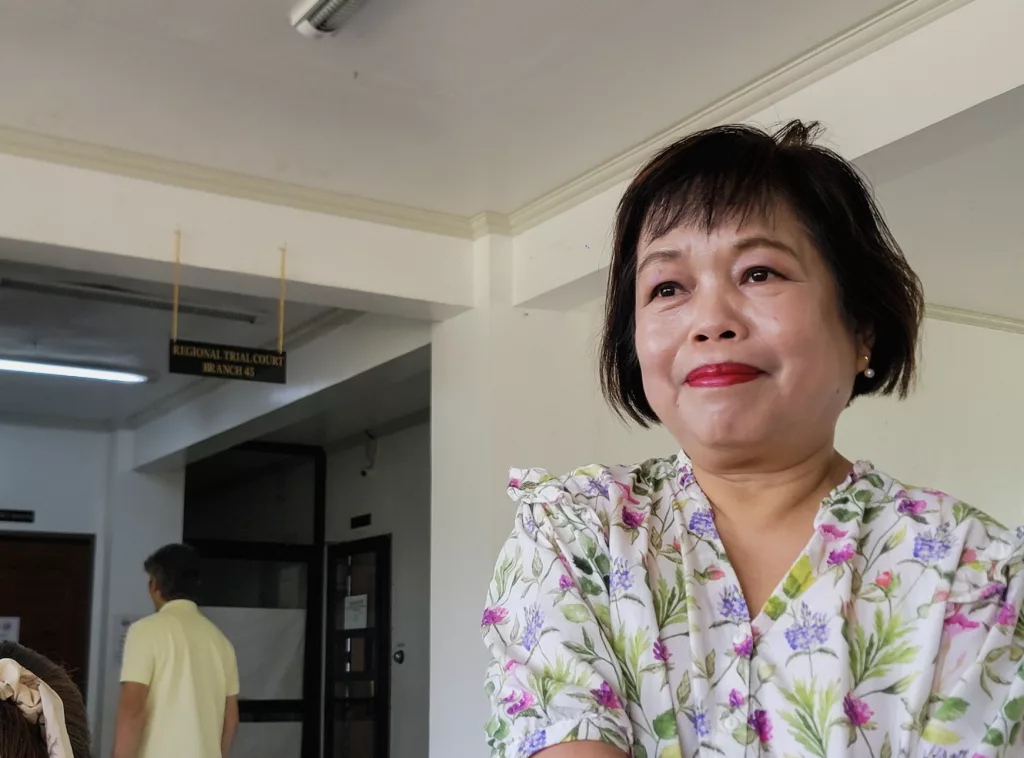To work World Homeless Day earlier this week, we are looking at Beacon Cities – examples of cities where there has been inspiring work to end street homelessness. The second of our series focuses on Newcastle, in the north-east of England.
Over 24,000 households prevented from becoming homeless
Newcastle has long-standing issues of poverty and deprivation. Almost one in four (24%) of Newcastle’s population live in areas that are among the most deprived in the UK, while one in five (20%) of households have no adult in employment.
The city has also been among the worst impacted by UK national government cuts and welfare reductions which have affected the most vulnerable. In Newcastle alone an estimated 38,000 households rely on food banks, and almost one-third of children live in low-income families.
So within this context, how did Newcastle’s approach and partnership lead to ZERO evictions from a possible 27,000 new social housing tenancies in 2020 and 2021?
To respond to these growing levels of deprivation and homelessness and increased demand on support services, Newcastle City Council developed its ground-breaking Active Inclusion Newcastle (AIN) partnership approach in 2013.
The AIN partnership brings together more than 130 local organisations to offer a coordinated single service to individuals in need of support. By working more effectively in partnership, they were able to improve the consistency of information, support and accommodation available to people in Newcastle experiencing destitution and facing homelessness.
The partnership model
The partnership works to a holistic framework to ensure people are supported to achieve and maintain a stable life. This is commonly known as the LIFE framework – an acronym which stands for:
L: Somewhere to Live
I: an Income
F: Financial inclusion
E: Employment opportunities
Strong political leadership and a collective commitment to this framework been key to the success of the partnership.
Sitting within this framework is Newcastle’s homelessness prevention work, for which Newcastle City Council won a Gold World Habitat Award in 2020.
Homelessness prevention in Newcastle has required a combination of action from national and local actors, including UK Government, Newcastle City Council and voluntary sector organisations.
In 2016, in part thanks to the successes seen through the AIN partnership, Newcastle was identified as one of three Homelessness Prevention Trailblazer areas, and received over £900,000 to transform public services. This focuses on transforming the local housing system and supporting homelessness prevention at a much earlier stage.
Preventing Homelessness
Rather than waiting for people to reach crisis point before acting, the partnership work to proactively identify and provide necessary support to those at risk of homelessness. In order to do this, the prevention work in Newcastle is based around three main areas:
Primary prevention activities
This work has focussed on ensuring that all existing services for vulnerable residents proactively work to identify ‘trigger points’, and a potential risk of homelessness, ensuring that at the earliest point of contact the appropriate questions are asked. This has required a substantial programme of change particularly around staff training and development. Non-housing related staff (including counsellors and volunteers) have been trained to identify and respond to residents who may be at risk of homelessness. In 2020-21, 279 people participated in online training and 743 staff and volunteers were trained on welfare rights and debt consultancy advice.
Secondary prevention activities
These activities take the form of ‘targeted’ specialist advice and support, providing specialist information, advice on key issues such as housing, debt and welfare. The results of this strand of work are impressive in scale and in outcomes. In 2020-21 these services provided advice to over 31,000 people and over 900 households were allocated accommodation and support. We know that debt and financial exclusion leads to homelessness, and the AIN partnership also work to ensure people can access relief from debt and maximise their income. In 2020-2021 4,110 cases of homelessness were prevented through the provision of specialist advice and guidance.
Crisis activities
The aim is to ‘catch’ residents experiencing crisis, providing emergency accommodation for people who have not been identified at risk of homelessness earlier providing emergency food, gas, electricity and clothing support, alongside outreach support for people found sleeping on the streets.
Why has this been successful?
There are a number of reasons why this approach has worked, but the pro-active partnership element is crucial.
The city-wide partnership has meant that organisations which might have historically worked in conflict with each other now work in harmony and with greater consensus. Previous competition over budgets and contracts is now converted into a partnership driven by a strong commitment to culture change and agreed ways of working. It is easier to identify people at risk of homelessness and provide timely holistic support when working together with shared goals and a collective commitment to preventing homelessness.
Another example of a consistent and collective approach is the Newcastle Gateway, a web-based single access system shared between 76 services which underpins the joint approach by matching resident need with available services.
Often people approaching a local authority for help and support can find they need to re-tell often painful and traumatic stories and experiences to prove eligibility for different services.
To minimise this and to ensure organisations in the partnership can holistically support people across services, the Gateway ensures that professionals can quickly and easily refer to local homelessness, accommodation and housing-related support services, employment, debt, and benefits advice services.
Each client has a single record on the Gateway, which can be updated and shared between partners meaning that that services have access to accurate and relevant data, and crucially the experience of individuals accessing multiple services is as streamlined as possible.
Vulnerable people are less likely to fall between the gaps, or not access the services they need due to overly bureaucratic referral processes.
As well as being partnership-driven and proactive, the approach led by Newcastle City Council is also crucially evidence-informed, and has a strong focus on collecting, sharing and reporting on data.
The AIN partnership facilitates regular Financial Inclusion Group seminars and Homelessness Prevention Forums, as well as producing quarterly briefings which collate data from all partners to review progress, challenges and future priorities.
The impact of this partnership is a process of continual learning and the AIN partnership can quickly identify and adapt to challenges collectively. This is recognised in Herriot Watt’s University’s evaluation of the partnership in 2019, and in the Newcastle Homelessness and Rough Sleeping Strategy 2020-2025 which recognises the need for the city to increase the reach of their preventative work, to prevent eviction from the private rented sector and that prevention and financial inclusion services are accessible harder to reach groups.
The experience in Newcastle, led by the City Council, demonstrates what can be achieved when a proactive, preventative, and rights-based approach to homelessness is taken, and how a partnership driven by collective goals with a focus on evidence and data collection can work to transform a broken housing system.
Enjoy reading this? Find out more about another Beacon City – Helsinki.




